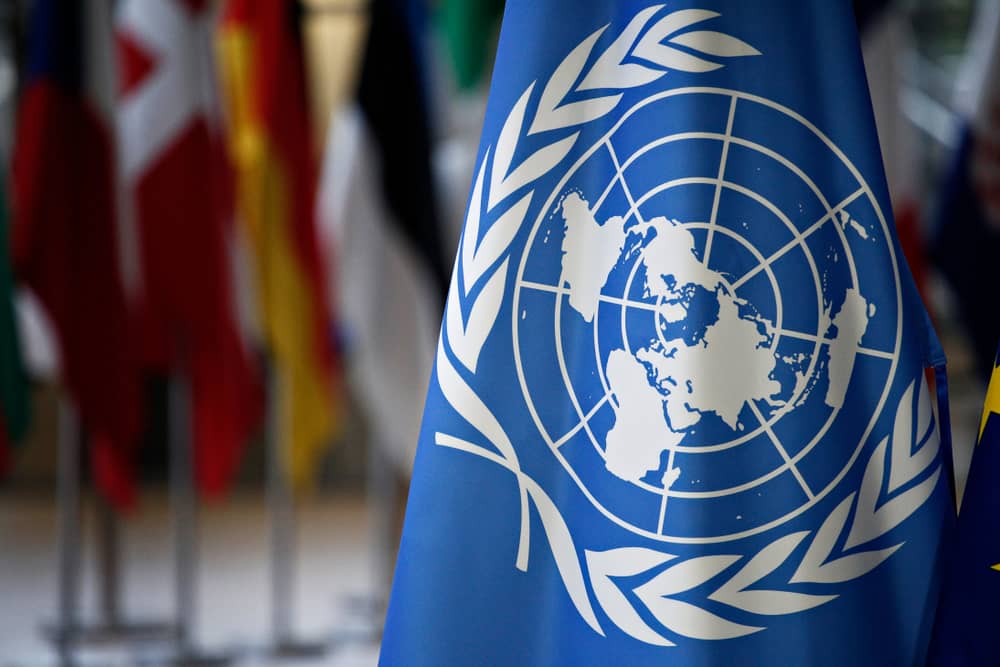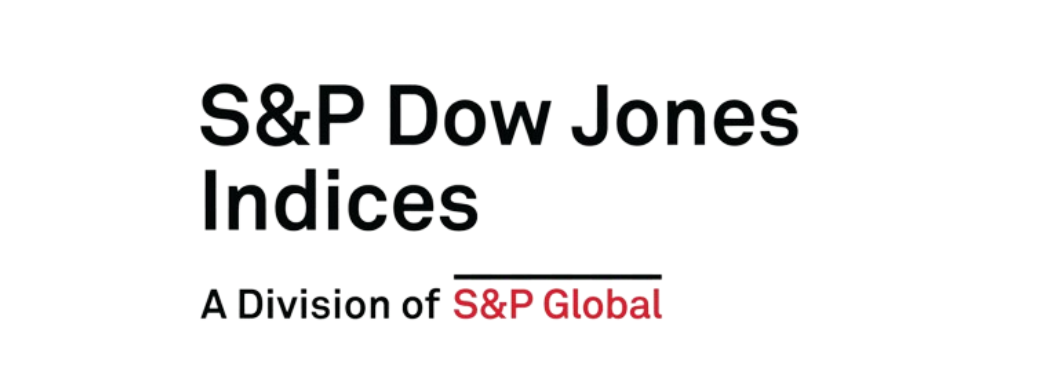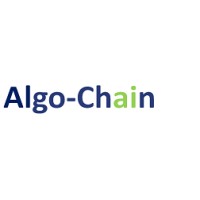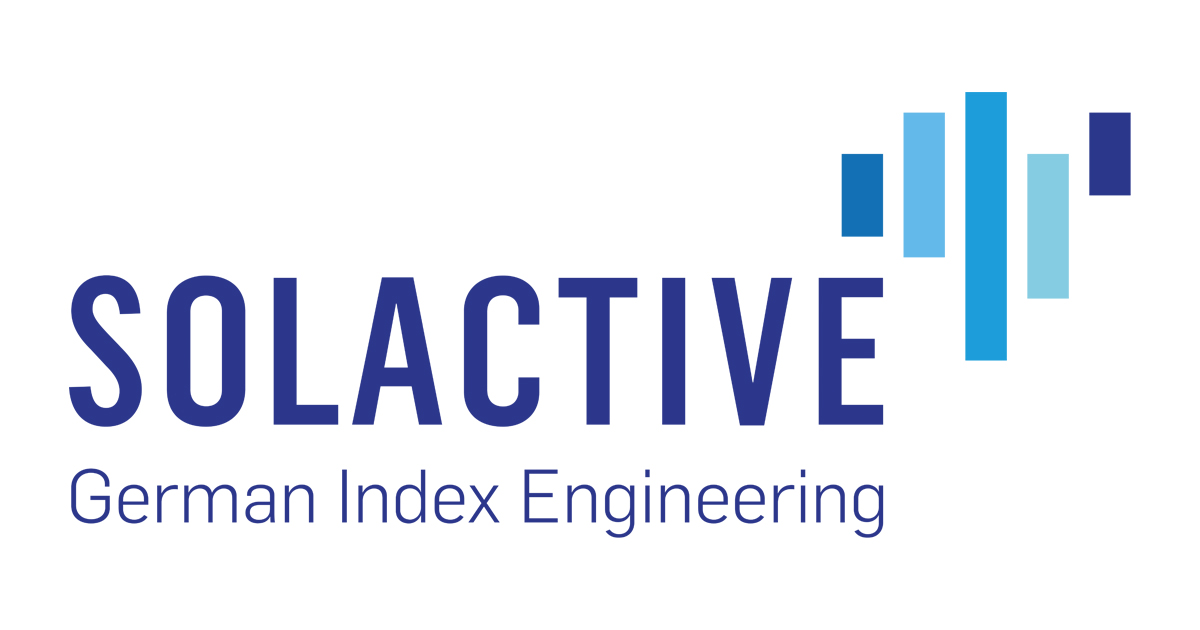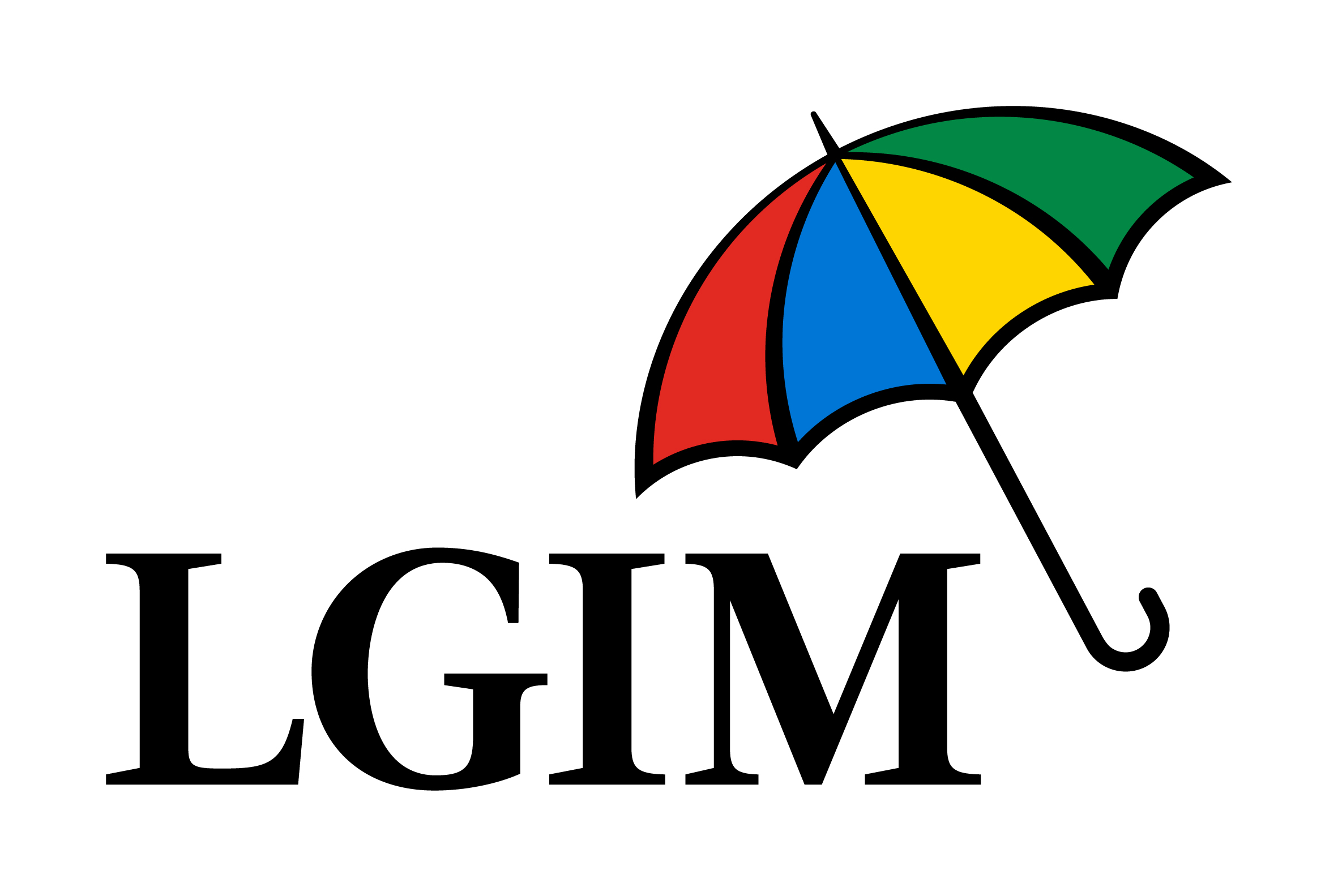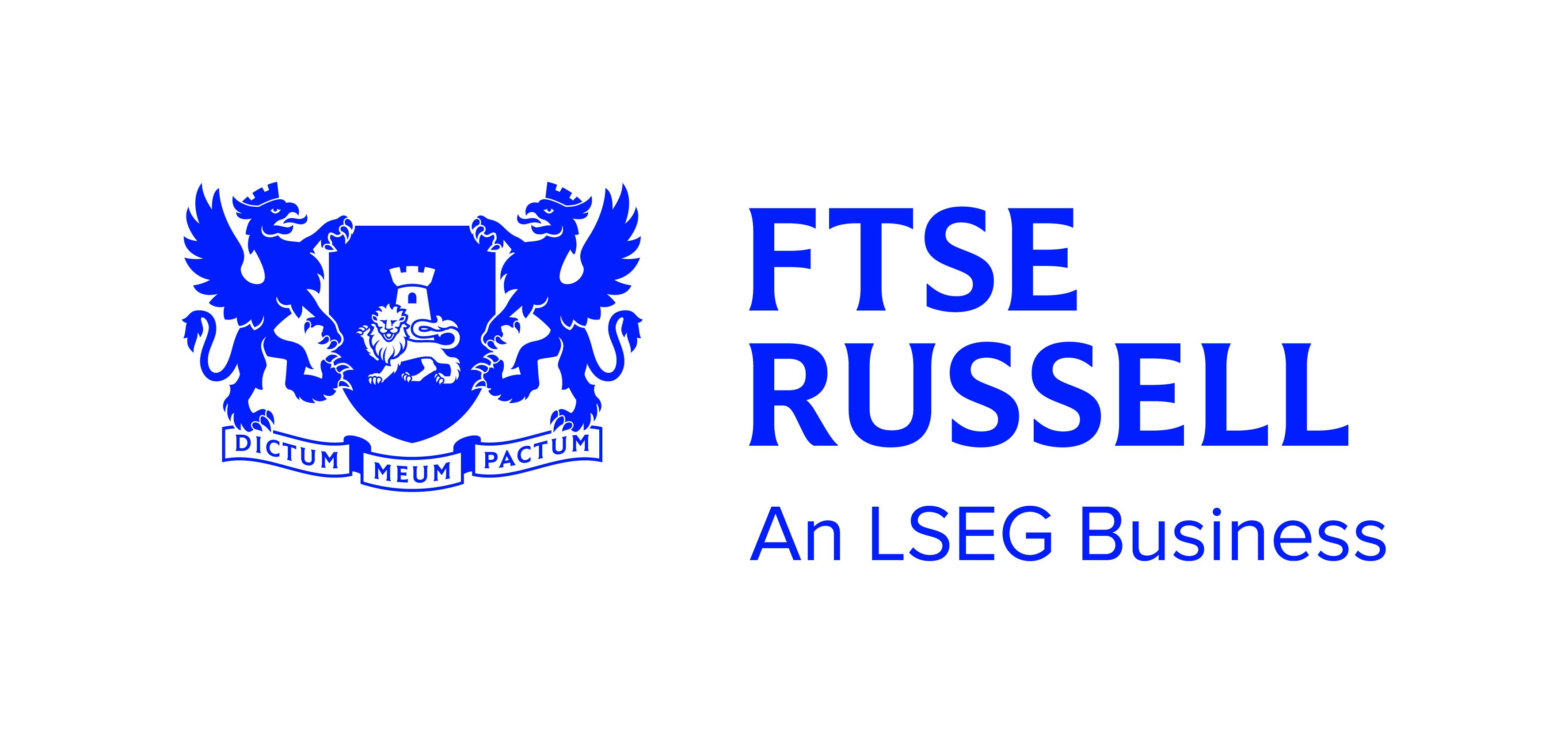The task of defining and applying environmental, social and governance (ESG) standards is unenviable, however, the United Nations Sustainable Development Goals (SDGs) could offer one route for investors with a clear idea of the impact they want to have.
According to data from Morningstar, a considerable 80% of all European passive equity assets are indexed against benchmarks from MSCI, S&P Dow Jones Indices (SPDJI) and FTSE Russell, with MSCI alone claiming a 47% stake.
This kind of dominance affords just a handful of companies a monopoly of influence not just in indexing but also in providing the underlying data used to calculate constituent weights within benchmarks, Kenneth Lamont, senior analyst, passive strategies, at Morningstar, told ETF Stream.
“Most of these products rely on the big ESG data providers, the biggest being MSCI, and so they have a huge amount of power,” Lamont noted. “Most indices are built around the data these companies provide.”
Within the context of ESG, this dynamic is problematic as current market leaders are encouraged to do little more than refine their current approach and maintain their position.
As highlighted by a report from Planet Tracker, titled Indexing: Prepare for sustainability-driven disruption, large index providers are resisting demand for customisation and the multiplication of indices. The report then offered the example of Legal & General Investment Management (LGIM) trying to launch a range of fixed income ESG ETFs last December.
“[LGIM] commented that a number of index providers spoken to, other than JPMorgan, ‘could not or would not help create LGIM’s preferred benchmarks ‘because it undermined their existing business’,” the report said.
This kind of approach is not ideal in a burgeoning and innovation-dependent sector such as ESG, especially when this field is being tasked with directing almost half of all new indexed assets in Europe towards companies and countries that will positively shape future society.
Setting a common standard for sustainable investing
Sharing these concerns is Irene Bauer, co-founder of wealth management fintech, Algo-Chain, who believes setting the agenda on sustainable investing is too important to be left to the discretion of index providers’ ESG metrics teams.
Instead, Bauer advocates for a universally acceptable set of standards produced by a non-commercial body such as the UN’s SDGs.
While there exist a plethora of thematic strategies addressing each of the 17 SDGs either in isolation or collectively, Bauer suggested investors should call for the adoption of SDG screening and exclusions as an alternative to ESG in core equity and fixed income allocations.
Discussing an SDG best-in-class scenario, Bauer posited: “Say MSCI takes the top 25% of an investment universe, I would prefer if this was determined using all 17 SDGs and not just on MSCI’s conception of ESG. I would prefer to have a globally accepted standard.”
Bauer said index providers such as MSCI in Europe and SPDJI in the US want to be the ones to set the gold standard for definitional factors such as ESG, however, she argued SDGs offer more tangible, common definitions and goals to shape a collective understanding of sustainable investing.
Last year, a smaller provider, Solactive, launched two SDG indices, the Solactive ISS SDG Leaders index and Solactive ISS SDG Aligned index, neither of which have any ETFs benchmarked against them in Europe.
While such developments are positive, Bauer stressed that even if SDGs were accepted as the new yardstick, a key disparity that exists in ESG is how different providers implement it. To avoid repeating this with SDGs, Bauer said there should be a standardisation of data collection and the metrics which fall under each of the 17 goals (even if they are more specific than E, S and G).
“Once there is a global standard for these things and you are able to aggregate scores for each goal and weight each constituent, that would make it a lot more acceptable to mainstream, because at the moment there is greenwashing but there is also ‘classic ESG’, ESG tilting and so on,” Bauer continued.
“For retail investors or even an investment manager, it is hard to distinguish between these and the names of ETFs do not actually give away what this actually means in practice.
“If there was a general SDG standard accepted by all providers, then MSCI, SPDJI and FTSE Russell ratings should all look more or less the same. They can then argue about which one has the best data sources.”
Naturally, replacing ESG with SDG metrics would not be without its challenges. Not only would this involve the reindexing of hundreds of billions of dollars of assets but some companies would naturally fulfil or fall short of certain goals more than others – picture Royal Dutch Shell or Tesla and the SDG for ‘zero hunger’.
However, perhaps it is less about the label on top and more about what is under the bonnet – and who decides what goes in there. For instance, while increasing the number of goals from three to 17 might sound like making a difficult task impossible, MSCI already has around 1,945 metrics for scoring securities on ESG, the same number for SDGs would mean each goal would be measured on around 114 metrics.
Crucially, something like the SDGs are created by a non-financial body, in this case the UN. For the task of providing a factor overlay designed to generate societal rather than financial benefit, perhaps an intergovernmental body or regulator is the most appropriate source for creating a sustainable investing gold standard.
